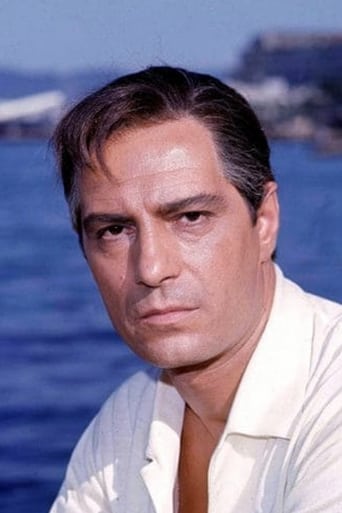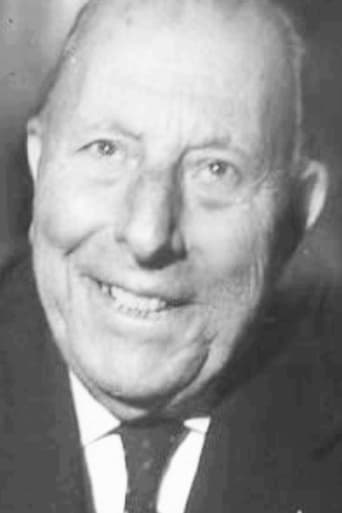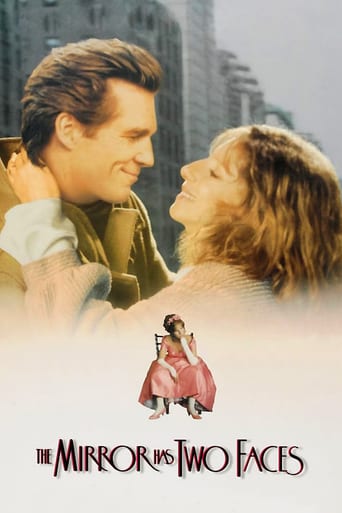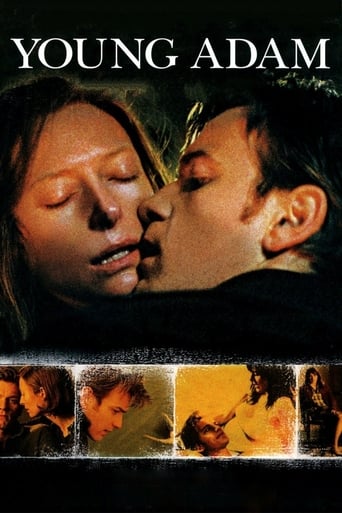
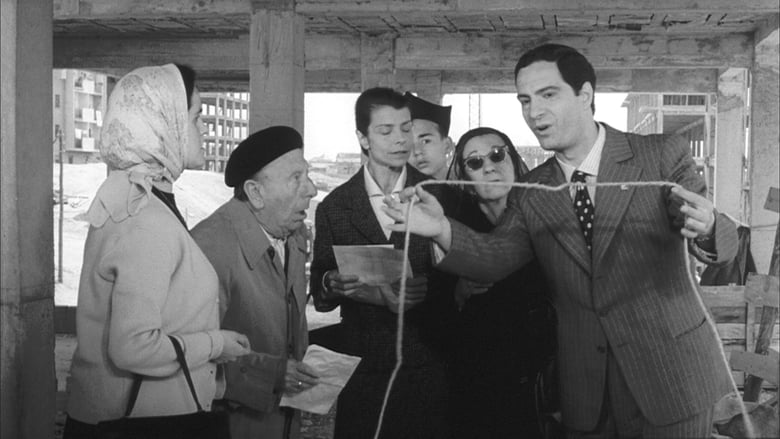
The Executioner (1963)
An undertaker gets married to an old executioner's daughter and, although he doesn't like it, must continue the profession of his father-in-law after his retirement.
Watch Trailer
Cast
Similar titles
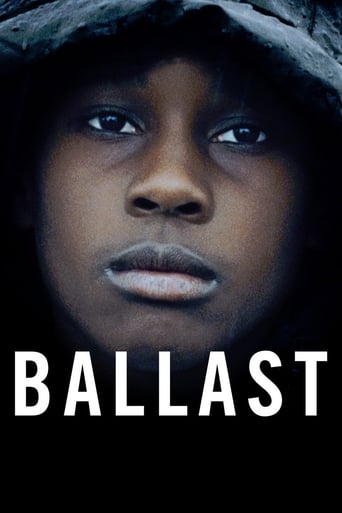
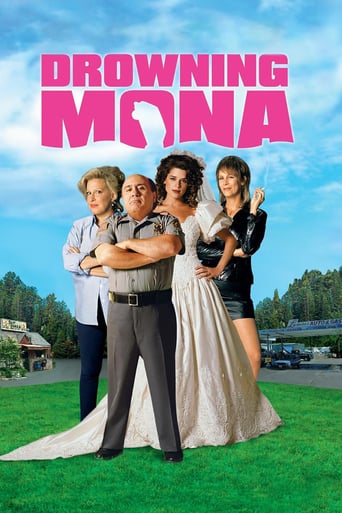


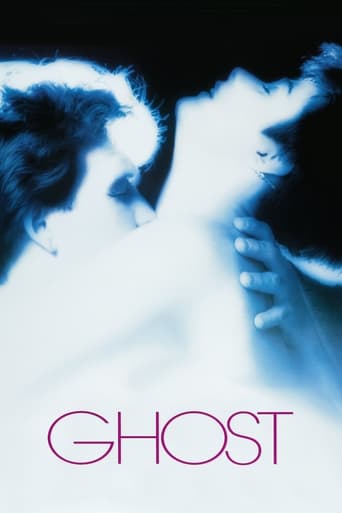

Reviews
An Exercise In Nonsense
This story has more twists and turns than a second-rate soap opera.
It's a feast for the eyes. But what really makes this dramedy work is the acting.
The movie really just wants to entertain people.
*** This review may contain spoilers ****Plot and ending analyzed* I remember when I first saw the Executioner, it was in Spain in 1965. I was working as a stuntman in Spaghetti Westerns. It's a peculiar film, I don't think of it as so much a straight out Comedy, but more of a Comedy of social interaction. Remember, the brutal dictator Francisco Franco was in power at the time, thus they had to be quite subtle. There are hilarious scenes throughout; I kept thinking to myself there's plenty of grumpy people about in it, which makes it quite commendable and hilarious because you find them in the real world. The type of people who tell you to move or get away from a desk in some store or office, or people who make rude comments for no reason.The Executioner starts out with two guys who work at the morgue, picking up a stiff at the local prison who's just been executed. They see the prison executioner, who is an old man and the young morgue guy wants to avoid him because of the stigma involved. The old man executioner forgets his workbag. Well, the young morgue guy turns in his workbag to his apartment home and meets up with his daughter. They eventually get together and have a baby and get married. In order for them to have a residential apartment, the young morgue guy has to sign up as a executioner to get state benefits, but he's reluctant since it creeps him out so much.Eventually the prison calls him up to perform, and there's the crux of the matter. At that time, prisoners were executed by means of a garrote. It's like a metal harness and used to strangle a person.I thought the ending deviated a bit from my own expectations, but still, it wasn't terribly off. The Executioner might put off some audience expectations because it is a garrulous film. It gets tedious at times, but still pulls in above average. I liked the little jokes and comments made by rude people in the film. I don't think it was really a critique of the death penalty in my estimation, but one may be able to look at it in that manner.If you like foreign films, it's definitely worth a watch. One note, the synchronicity of the audio and the actors' mouths doesn't match, I don't know if it was just made that way or dubbed later with inept equipment. The film was an Iberian and Italian co-production, so maybe they were speaking Italian.There's not many extras, just a few and a booklet.Also recommended: La caza (1966) Surcos (1951) Plácido (1961) Viridiana (1961) Calle Mayor (1956) Welcome Mr. Marshall! (1953) Ensayo de un Crimen (1955)
It seems that people tend to think that this movie is about death penalty. It is not. It is only a leitmotiv.The movie is a strong satirical view over the middle class general situation: what people are forced to do in order to cope with general problems they meet in life and how society does not even recognize sacrifice they have to make or even worse criticized similar attempts.El verdugo, the executioner, is life itself, if not the society itself as well, if it's possible to separate the two. This is a magnificent parable that works on so many levels. Every scene tells a deeper story and how we are usually forced to follow the paths we do not know and we do not want.All along, while the middle class is struggling, trying to keep the head above the water, they are victimized in moral sense once again. Their actions are criticized from a superficial and idealistic moral perspective that does not exist. Being an executioner must mean that you are an evil person for being able to kill other human. (As if the society did not decide to terminate the culprit this way of another.) As if the executioner has some personal role in that act. And this works for so many actions in our lives. We are judged based on something that is not really there, was never there and cannot be there, as if people deliberately and constantly choose only those childish fairy-tale perspectives which can present you as a wrongdoer while you have done nothing of the sort.The movie is very true and very deep. Strangely deep and precise.
Another masterpiece by the notorious filmmaker Luis Garcia Berlanga who shows the lively as well as sad existence of an executioner . Maestro Berlanga realizes another excellent film plenty of irony , habits , Spanish social life , good feeling and political critical . An undertaker (Nino Manfredi) gets married to an old executioner (Jose Isbert)'s daughter (Emma Penella) and, although he doesn't like it, must continue the profession of his father-in-law after his retirement . However , his profession is not exactly what you could call ¨popular¨ . As when the old man retires, his place is vacant , as his son-in-law doesn't like at all becoming an executioner, but that is the only way to keep the house where he is going to live after getting married. This is an enjoyable story that contains busy comedy , humor , frantic pace , blatant critical against death row , amusing gags , rowdy satire , noisy hustle and is pretty entertaining . It is considered to be one of the best films from Spanish cinema history and has been voted second best Spanish film by professionals and critics in 1996 cinema centenary .The main and support actors stand out under perfect direction of Berlanga , including sour criticism as well as carried out in previous and subsequent works such as ¨Placido or Escopeta Nacional¨ that include bitter , pessimistic descriptions of social classes . In ¨el Verdugo¨ we can find very fun characters, all of them caricatures of the "spanish way of life" and a mirror on the Spanish society by that time . ¨El Verdugo¨ (1963), one of the undisputed masterpieces and fundamental in filmography of Luis Garcia Berlanga where shows the miseries of an amoral society and shot at the height of his creativity, in a period cultural difficult, where the enormous censorship of the political regime, exacerbated the ingenuity and imagination of the scriptwriters . Awesome playing by Nino Manfredi as a naive , ingenuous ,gentle undertaker turned into executioner , an agreeable Emma Penella and of course , the great Jose Isbert , Berlanga's habitual , in the best interpretation of his long career . The movie displays a Spanish secondary star-studded such as : Maria Luisa Ponte , Jose Maria Prada , Angel Alvarez , Xan Das Bolas , Alfredo Landa , Agustin Gonzalez , Chus Lampreave , Jose Saza , Julia Caba Alba , Antonio Ferrandis , Jose Luis Coll , Felix Fernandez , Jose Orjas and the likable Jose Luis Lopez Vazquez who improvised the moment when measured the child's head , among others . Evocative cinematography in white and black by Tonino Delli Colli , Sergio Leone's usual cameraman ; being filmed on location in Island of Mallorca , Madrid exteriors and C.E.A. studios , Ciudad Lineal, Madrid. Atmospheric and adequate musical score by Miguel Asins Arbo .Direction by Luis Garcia Berlanga is very good , he shows his skill for edition , realizing long shots with crowd who moves easily Berlanga filmed several polemic movies during the 50s , all of them were beset by difficulties with the censors caused by real critical to social stratum such as ¨Bienvenido Mister Marshall¨ (1953) , a very good film which tended not to be very well received by the censor for its acidity and considered to be one of the best Spanish films of the history ; however, his strong portrait of Spanish society , plenty of sharpness , didn't please the pro-Franco authorities . His next joint venture was ¨Los Jueves, Milagro¨ (1957), it was modified by the censors and delayed for several years before its eventual release . Later on , Berlanga made one of his best films ¨Placido¨ (1961) masterfully played by Cassen , this is the film debut for the great producer Alfredo Matas and received an Oscar nomination in 1963 , being well-received at the International Festivals , reviewing the useless charity , it's a sublime film but with censorship realized by this great maestro Luis Garcia Berlanga . He continued filming other interesting pictures as in 1973 he went to Paris to begin filming ¨Grandeur nature¨ with Michael Piccoli , another problematic film , focusing this time on the fetishism of a man who falls in love with a doll . Several years later , after Franco's death, he filmed a trilogy comprising ¨La Escopeta Nacional¨ (1978), ¨Patrimonio Nacional¨ (1981) and ¨Nacional III¨ (1982), where he clarified the evident disorders in the Spanish upper , middle-class upon being confronted with a new political status quo , realizing a sour denounce of the Spanish society . Berlanga ulteriorly shot a peculiar film titled ¨La Vaquilla¨ (1985) plenty of Spanish-star-cast and set in the Spanish Civil War , resulting to be the first time dealing with this convulsive period in comedy style . Following the same themes, he went on filming coral films such as ¨Moros and Cristianos¨ and ¨Todos a Carcel¨ (1993) that won three Goya Awards for Best Film, Best Director and Best Sound ; being his final film : ¨Paris Tombuctu¨. Rating ¨El Verdugo¨ : 8'5 , pretty good . Essential and indispensable watching for Berlanga aficionados . Better than average and well worth seeing . Essential and indispensable seeing .
I suppose the fact that this movie was made during the dictatorship of General Franco, when Spain did not register on any international cultural radars, accounts for the fact that it remains relatively unknown. In my opinion, this is not only the best film ever made by a Spanish director, but one of the best European films ever, and a masterpiece of dark comedy. It is a powerful indictment of the death penalty anywhere, and the scene in which proud and retiring executioner Amadeo sticks prospective son-in-law José Luis' fingers in the lamp fixture, thereby giving him a mild electric shock, remains an all-time classic ("You think that's bad? That's only 125 volts! The Americans are worse, with their electric chairs...")This movie is stronger, deeper and funnier than any recent comedies by the likes of Pedro Almodóvar and other Berlanga-influenced Spanish directors, due to the bleaker political reality against which it was made. There is more directorial talent involved and the performances are stronger, with the glorious José Isbert stealing the show as always.Times have improved in Spain, and filmmakers may have more freedom, but nothing as corrosive as this has been made since.
